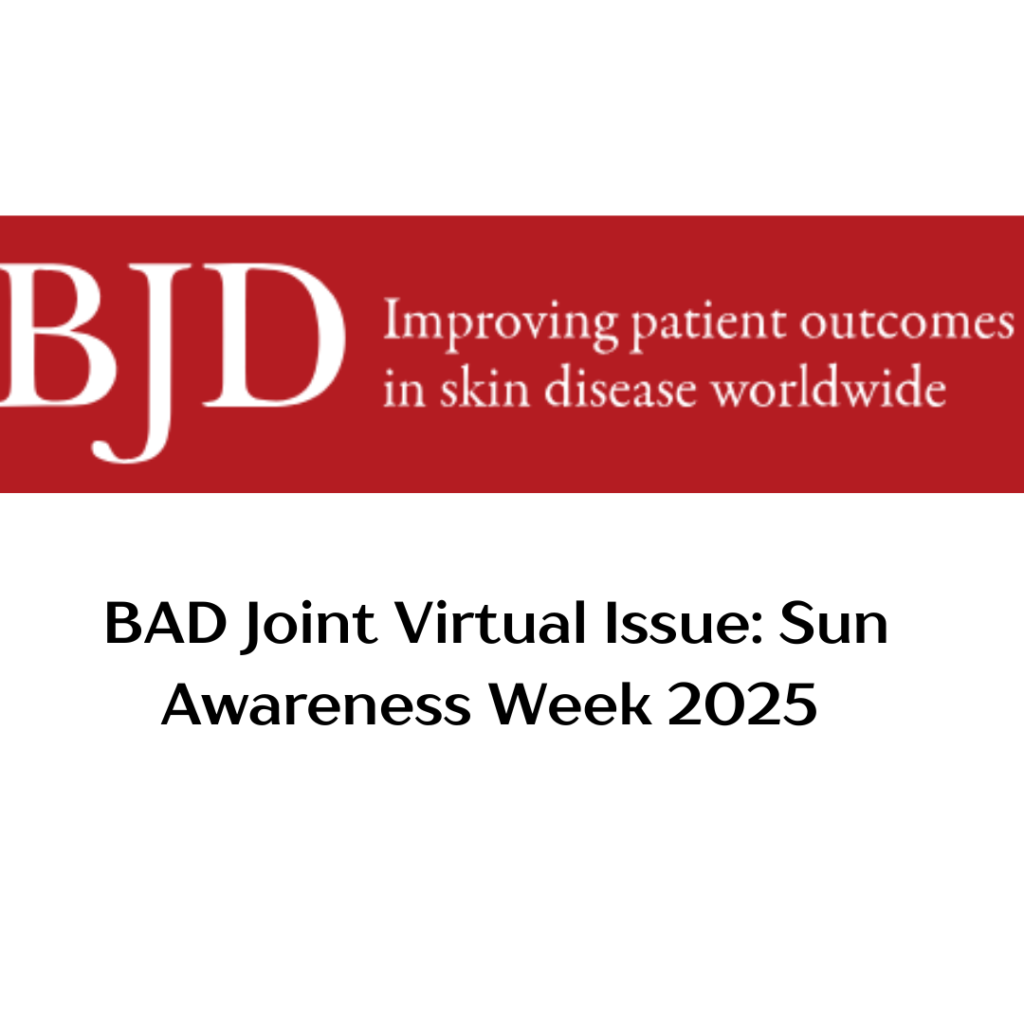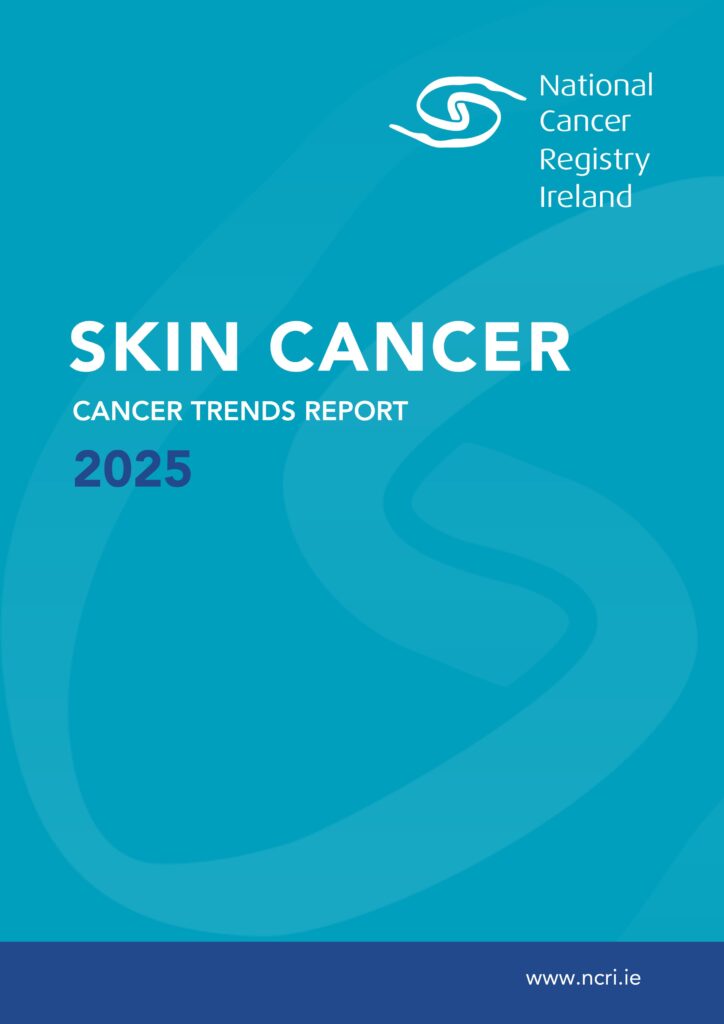1-in-5 children and 1-in-12 adults affected by eczema / atopic dermatitis
Eczema Awareness Week (11-17 September) is an opportunity to raise awareness of what it’s like to live with or to manage eczema; for the ISF it’s also about getting the right information out there to help people with eczema live life as symptom free as possible.
Back to School
Eczema Awareness Week also coincides with back to school and this in itself can be an extremely stressful time for children with eczema as well as their parents.
According to Consultant Paediatric Dermatologist Dr Rosemarie Watson, O.L.C.H.C., “Eczema not only affects the child but all those around them. Some children report being shunned in school because their classmates believed that eczema was contagious”.
She continues “eczema can rob a boy or girls’ life of a normal childhood”. Although there is no cure yet, treatments are available to manage the condition; the main aim is to improve symptoms and achieve long-term control.
Sharing knowledge is the key to successful management
Paul Herriott, Broadcaster/presenter with RTE Lyric FM, who has lived with eczema throughout his life, explains that communication and education are vital.
“Talk with your GP or dermatologist and don’t be afraid to say how you feel. What works for one person may not work for another so it is important to have an open line of communication with your professional”.
He goes on to say “Eczema can be a very lonely condition but once you admit it to yourself, you can then start to seek the right treatment for you and your skin” He also encourages people to become educated about their condition, to talk to others, and not to suffer in silence.
Eczema Expert Meeting, 16 September 2017
As part of Eczema Awareness Week 2017 the ISF will host a free public meeting called Eczema Expert in the Red Cow Moran Hotel, Naas Road, Dublin on 16th September for those with, or caring for someone with eczema.
This Eczema Expert meeting, the second ISF annual meeting for people living with or caring for eczema, will be a great opportunity to meet other people and hear from the experts about current and emerging therapies, genetic and environmental factors, practical everyday tips and one individual’s inspiring story about living with eczema.
What is eczema?
Eczema, also known as atopic dermatitis (AD), is a very common, non-contagious, chronic (long-term), inflammatory skin condition of varying severity. Although it can start at any time of life, it most frequently begins in infancy, affecting as many as one in five children and one in ten adults.
Dry, red, itchy skin
It is recognizable by the presence of red, dry, itchy skin, which can sometimes weep, become blistered, crusted and thickened. However, an intense itch is the major symptom. Scratching only provides momentary relief, and leads to more itching and scratching (known as the itch-scratch cycle).
Scratching worsens eczema and can make the skin more vulnerable to infection. The intense itch is very uncomfortable, can disrupt sleep and negatively impact on the person’s quality of life, as well as that of his/her wider family. Some individuals with more pronounced eczema can also experience social embarrassment due to the visibility of their condition.
Loss of sleep and psychological impact
Eczema also has significant well established associated conditions (comorbidities) such as hay fever (allergic rhinitis) and asthma in addition to newly-recognised comorbidities including those related to chronic loss of sleep.
Cumulatively eczema and its comorbidities create a very significant impact on the quality of life for people living with the condition.
New hope on the horizon
Recent advances in research in eczema are opening up opportunities for more effective therapies than are currently available.
Support and guidance
The ISF will be encouraging people to visit the Eczema Webpage to learn more about the condition as well as providing guidance to anyone affected through the ISF Helpline: the ISF operates a dedicated helpline for anyone concerned about eczema (or other skin conditions). The ISF Helpline is completely free.
Spreading the word about eczema
During Eczema Awareness Week, the ISF will be distributing What you need to know about Eczema to community pharmacies and subsequently to GPs nationwide from Sept-Dec (with special thanks to Sanofi).
The ISF’s eczema booklet contains the distilled knowledge of parents caring for eczema, adults living with the condition, dermatology nurses and consultant dermatologists – with decades of combined experience in effective management.
For more information about Atopic Dermatitis and Eczema, visit our Eczema Section to download our booklet, What you need to know about Eczema or contact the ISF Nurse Helpline.












